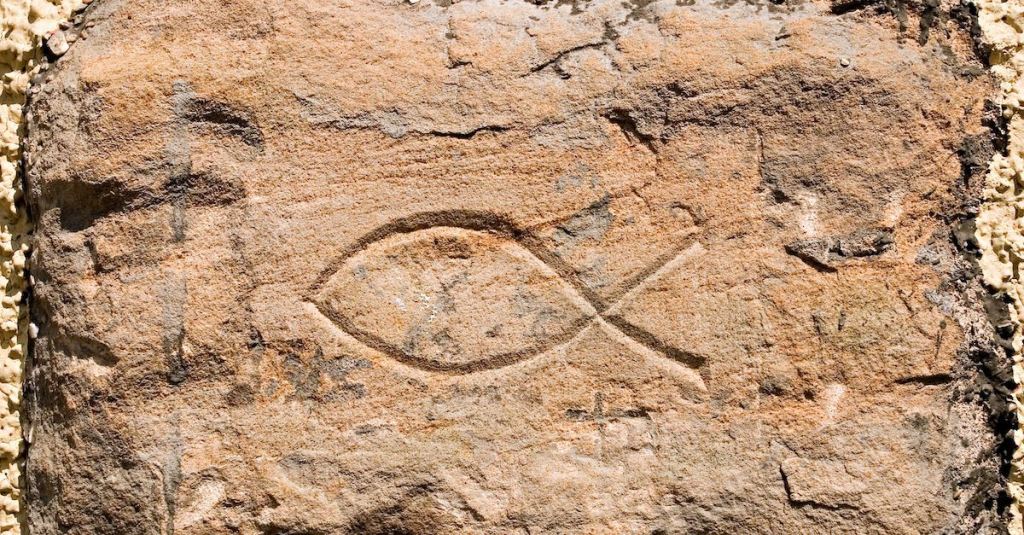I’m a firm believer in missional living. What I mean by that is each disciple knowing and acting upon the call to live out our Christian life and message in the context of the world. Christianity, by nature, is shaped by mission. We always have our eyes on the horizon of how God is working in the lives of individuals, communities, nations and the world.
I also believe that if a disciple is to be effective in their mission, they need to have a strong, secure base in the community of believers from which they are sent out and to which they return. This is the pattern we see with Jesus and his disciples in Luke 9 and 10, and we see it frequently in Acts. Whilst individuals were going out under the power of the Spirit to act and to witness, they didn’t know what would happen, but there was often a place to return to. Even Jesus had friends and acquaintances to whom he could turn to when stepping out of the cut and thrust of missional life.
Two key tasks to understand today: (1) what is the best way to ‘go out’ into the world to live our lives and live and proclaim the gospel; (2) how do we build communities of support, rest, teaching, equipping and strengthening to sustain it.
Does the metaphor of a ‘City on a Hill’ help us with this? Whilst we don’t want to create impenetrable or inaccessible Christian ghettos with big walls, we also need to create safe places for disciples to figure stuff out together and make collective, united responses so that we can live and speak as one so far as possible. Having said that, we must remember that there are believers in many part of the world who, because of the threat to their lives, have such compounds. We might not be at that stage in Scotland, but is it so unimaginable now that our lives will not come under significant threat for living the gospel?
In the early days of the church, the Christians used to mark out their homes with secret signs – the sign of the fish, for example. Today you might see one on the back of a car, but the origin of it was to give fellow disciples a sign – this is a safe house, a place of refuge and faith: you are welcome here.
Some practical applications:
- do we have an understanding of the context of each others lives? Where are we living out the gospel and how can we pray for each other in that calling and situation?
- what are the tools at our disposal to create strong networks of prayer and practical support?
- what conversations to we need to have collectively that enables us to make a united stand in the face of our culture in order that we can be clear, consistent, united and faithful?
- who and where are our places of sanctuary?
I’m not an ‘alarmist’ type of person, but we are increasingly in a season where we all need to get used to a different type of experience of living as faithful disciples in our culture. Scotland, once land of the Book, is now the poster girl for progressive liberalism where individuals holding even to the most modest Christian views are branded as ‘old fashioned’ at best and dangerous at worst, as the narrative around the new Deputy First Minister, Kate Forbes, shows us.
I believe the gospel still has work to do in Scotland, but are we prepared and ready for what is ahead?
